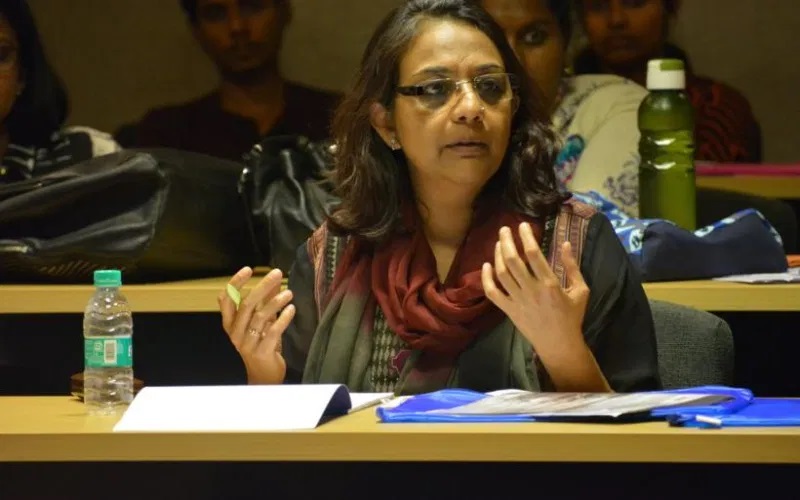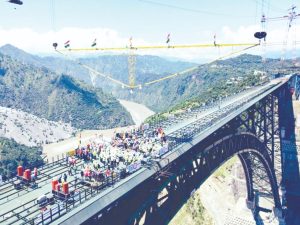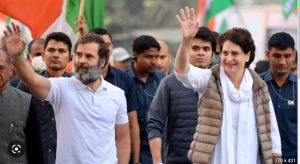
The fear of a demographic change is valid: Anuradha Bhasin
It started with the journey of trying to make sense of what was happening in Jammu and Kashmir post-2019. The geographical and political map of India’s most troubled and complex state had been changed and what followed a year later were radical legal changes, with a momentous impact on the lives of the residents of the region. But there was silence from the region. The only dominant narrative was the official version. And this was at odds with the ground reality where people were reeling under a sense of dispossession and fear. As a journalist, I was dealing with a huge information desert. This was an attempt to piece together whatever information was available in the public domain, scrutinise it, authenticate it and dig out more information. This book is a humble attempt to bring to the public domain alternative voices and perspectives that have been less heard or unheard. It is also an attempt to analyse the impact of the Indian government’s engagement with the region on the people’s lives, to understand the deafening silence in Kashmir and to see where we are headed.
What do you think the future of electoral politics will look like in Jammu and Kashmir, even as the former remains under governor’s rule?
It is very difficult to predict the future of Jammu and Kashmir but, as of now, it looks bleak. Jammu and Kashmir has a complex history. It is plural and diverse and the faultlines of contentious politics lie on the regional, ethnic, linguistic and religious divisions. With the state divided into two union territories, there is an overwhelming sense of being politically dispossessed.
Governments in the past have manipulated the politics of Kashmir by patronising one or the other regional political force, to manage its conflict and keep separatists in check. The current government has at the same time systemically marginalised the regional unionist political parties, and this has created a huge political vacuum and led to a sense of political impotence. It is for the government to answer why elections are not being held in Kashmir if everything is all right and normal. But the more important question is: If and when they are held, irrespective of who comes to power, can there be an effective change? Can an elected government address the increasing disenchantment or disappointment of the people of J&K?
You also write about fears of demographic change among Kashmiri Muslims as a result of changes in domicile laws.
Kashmiris have always lived with the fear of a demographic change. This fear seemed a bit preposterous earlier, because of Article 370. But this is gone, paving the way for business monopolies to take over the economy of the region, opening doors to jobs, purchase of property and voting rights for outsiders. The fear of a demographic change today is valid. It is the Kashmiri Muslims and Dalits who would be most dispossessed, particularly with the altering architecture of land-related laws.

